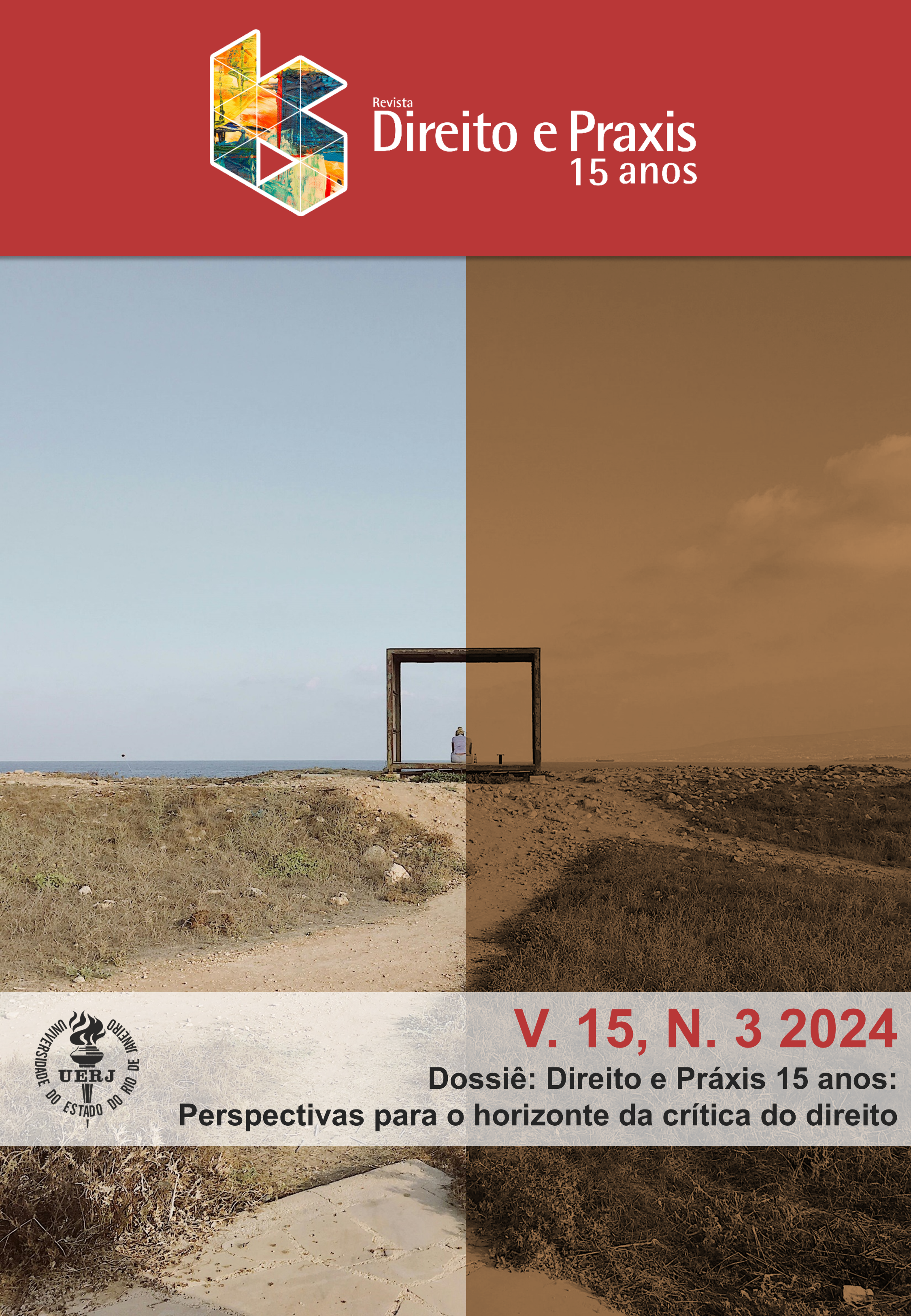The law of the Oppressed
Storytelling in (Poetic) Legal Arguments
Palabras clave:
Storytelling, Critical legal methods, Outsider jurisprudence, EqualityResumen
https://doi.org/10.1590/2179-8966/2023/72015i
Storytelling as a method for knowledge production has long been introduced and adopted in legal settings, particularly by critical legal scholars. The contributions of the method have been acknowledged, but it has also been criticized. The present paper is interested in one criticism: the idea that the verifiability of personal stories is impossible and, hence, that storytelling-based legal arguments are unacceptable or weak. This paper does not offer one final answer to this criticism, but it provisionally suggests that, if storytelling-based legal arguments are analyzed in a holistic manner, we can see that even if the stories that, at their core, cannot be verified– or, in the limit, even if they are not true –the broader social claims that derive from them and that anchor the legal argument, can – and should.
Keywords: Storytelling; Critical legal methods; Outsider jurisprudence; Equality.
Descargas
Descargas
Publicado
Cómo citar
Número
Sección
Licencia
Derechos de autor 2023 Direito e Práxis

Esta obra está bajo una licencia internacional Creative Commons Atribución 4.0.
Los textos son de exclusiva responsabilidad de sus autores.
Se permite la reproducción total o parcial de los artículos de la Revista Derecho y Práxis, siempre que citada la fuente.
Este trabajo está licenciado bajo una Licencia Creative Commons 4.0, Asignación-Sin Derivaciones.
Esta licencia permite copiar y redistribuir el material en cualquier soporte o formato para cualquier fin, aunque sea comercial, desde que citada la autoría original.
This work is licensed under a Creative Commons Attribution 4.0 International License.



